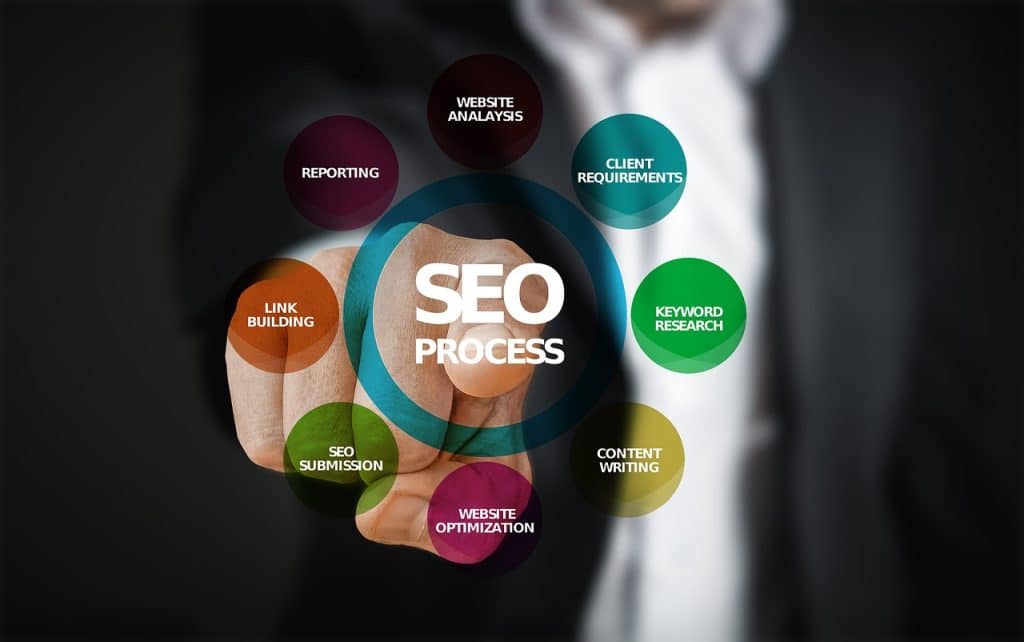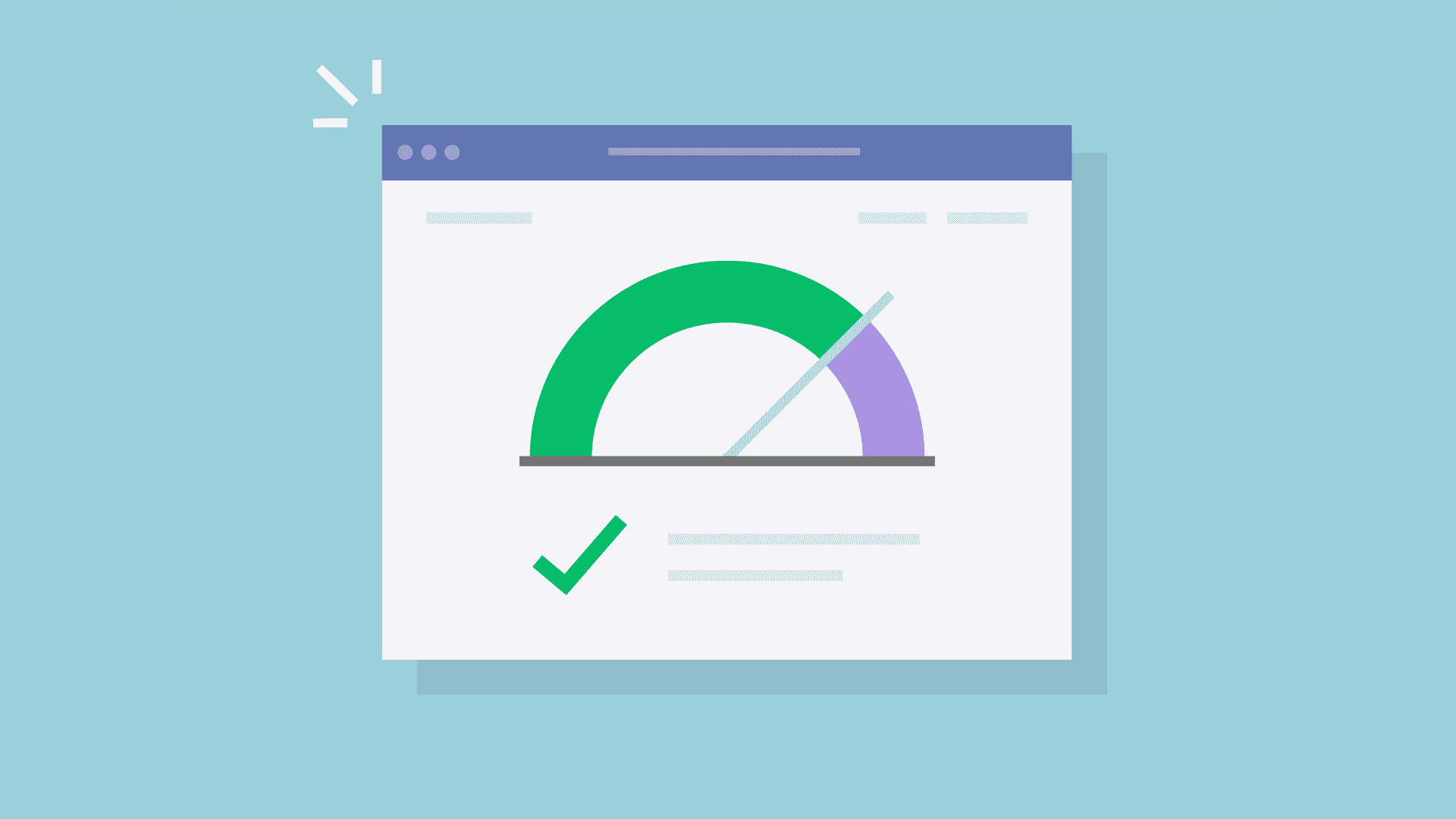Search Engine Optimization (SEO) is an essential tool for any website, especially WordPress sites. With the right techniques and strategies in place, it can help you drive more traffic to your site by increasing its visibility within search engine results pages.
In this article, we will explore how SEO and WordPress can be combined to boost your ranking with search engines like Google and Bing.
Conversion Rate Optimization (CRO) is important for any digital marketing strategy. Well, look at best practices that you should incorporate into your content strategy, as well as tips on optimizing metadata and technical aspects of WordPress that have a direct impact on SEO performance.
Whether you are new to SEO or an experienced marketer looking for a refresher course – this article has something for everyone!
Utilizing Keywords in Content to Boost Rankings
When it comes to optimizing content for SEO, one of the most important factors is utilizing keywords. Keywords are terms or phrases that people use when searching online and having these words in your content can help you rank higher in search results.
WordPress makes it easy to optimize your website’s content with keywords without compromising on quality. You can start by thinking like a searcher and researching relevant topics related to your business.
Use long-tail keywords, which are more specific phrases that include multiple words (e.g., WordPress SEO plugin). This will help you target users who are looking for exactly what they need instead of just general searches, thus improving your chances of appearing higher up in search engine results pages (SERPs).
Once you have identified the best keywords for each page or blog post on your site, make sure that they appear prominently throughout the text – but not too much to disrupt readability. Include them naturally within headings and subheadings, as well as body paragraphs; however, don’t forget about other elements such as meta tags and image ALT tags which can also contribute towards boosting rankings if used correctly.
It is also important to remember that when writing content for SEO purposes there is still an element of creativity involved – be sure to write engaging copy that provides readers with useful information while simultaneously using key phrases strategically throughout the text.
Leveraging Plugins and Tools to Improve SEO Performance

When it comes to leveraging plugins and tools for improved SEO performance on WordPress websites, there are several options available. From basic keyword optimization to ensuring that website content is optimized for search engine algorithms, the right combination of plugins and tools can make all the difference in achieving high rankings.
One popular toolset used by WordPress users is Yoast SEO, which provides comprehensive guidance on optimizing website content with user-friendly features such as built-in keyword research tooling, a readability checker, and an XML sitemap generator. Additionally, plugin integrations like Google Analytics allow site owners to track their organic reach over time and measure the impact of their efforts against key performance metrics.
Another integral part of improving SEO ranking through WordPress involves understanding how to create linkable content that drives traffic from other sites back to your domain. This includes creating well-crafted blog posts or articles that contain valuable information about topics related to your niche as well as linking out to reputable sources within those pieces.
Additionally, guest blogging opportunities provide another avenue for gaining quality backlinks while building relationships with other bloggers in your industry space. Finally, using specialized plugins like AMP (Accelerated Mobile Pages) ensures mobile users have a lightweight version of page content specifically designed for optimal loading speed on smaller devices – an essential factor when considering how Google ranks webpages for various searches these days.
By implementing a few simple tactics mentioned above along with additional strategies tailored towards each business’s needs, you can significantly improve overall ranking potential with search engines utilizing WordPress platforms.
Writing Quality Content That Relevant to Your Audience
When it comes to SEO for WordPress, writing quality content that is relevant to your audience is key. Your content should be interesting and engaging, as well as optimized for search engines.
To ensure you create the best content possible for your readers, there are a few things you need to keep in mind. First off, make sure your content reflects the needs of your target audience.
Ask yourself what topics they want to read about and find out what type of language resonates with them most effectively. Take some time researching keywords so you can use them appropriately throughout your articles – this will help people find them more easily online! Secondly, don’t neglect the importance of good grammar and punctuation when creating quality content; try using shorter sentences to break up longer passages into manageable chunks that are easier on the eyes.
Also, consider adding visuals such as images or videos which can grab attention quickly and add depth to an article. Finally, strive for variety in both style and structure when crafting pieces: mix long paragraphs with short ones; vary sentence length by combining succinct statements with longer descriptions; include quotes from experts or other sources now and then; consider opportunities for humor where appropriate – all these techniques help make any post stand out from others while keeping readers engaged in multiple ways!
Enhancing Page Speed for Better Search Results

WordPress is a powerful tool for creating websites and is effective when it comes to SEO. The success of any website in search engine rankings depends on how quickly pages load, as page speed can influence user experience, engagement, and conversions.
Enhancing page speed for better search results requires a few considerations that will help you rank higher in the SERPs (Search Engine Result Pages) with WordPress. First off, optimizing images is essential for improving page speed and should be done by compressing all image files before uploading them to your site.
Additionally, caching plugins are available that store static versions of posts and pages so visitors don’t have to wait while the browser loads them from scratch each time they visit the website. Furthermore, updating themes or plugins can also impact loading times; make sure all software versions are kept up-to-date for optimal performance on both desktop and mobile devices.
Using a content delivery network (CDN) is another way to reduce loading speeds as well as minimize bandwidth usage — especially when serving large media files such as videos or photos — since CDNs use multiple servers located around the world instead of relying solely on one server location like most web hosting providers do. Last but not least, minimizing HTTP requests helps save resources by reducing calls sent between browsers and servers which increases overall traffic efficiency significantly.
By following these steps you can ensure that pages load faster than ever before – resulting in improved user experience & ultimately greater visibility & higher organic rankings within search engines like Google & Bing!
Making Use of Internal Links For Improved Ranking
Internal linking is an important strategy for WordPress websites to help improve their ranking in search engine results. By strategically placing internal links within your website content, you can create a web of related information that will point readers toward the most relevant page on your site.
Not only does this help direct users to the right place, but it also helps search engines understand what each page is about and how they are related to other pages on your site. By making use of effective internal linking strategies, you can reinforce the topics discussed throughout your website while helping search engines determine which pages should be given priority when displaying results for certain queries.
This structure makes it easier for Google and other search engines to crawl through all the data found on your website and rank them accordingly based on relevance. Utilizing anchor text is one great way to make sure you are creating strong internal links between pages as well as directing visitors toward interesting content without being overly promotional or keyword-stuffed.
Anchor text simply refers to words used within a link that give context about where someone will be directed when clicking from one page of your website to another. As such, these key phrases must align with what readers would expect once they land at their destination so they have enough information before clicking away from the source material.
In addition, by using descriptive titles and URLs for each post or page, you can ensure users know exactly what they’re getting into if they choose to click through any link found in association with those pieces of content – thus increasing chances people take action instead of bouncing off after reading just a few lines due not fully understanding where things were headed in terms of further exploration opportunities available via internal links!
Submitting XML Sitemaps To Increase Visibility on Search Engines

Submitting XML Sitemaps To Increase Visibility on Search Engines is a key part of optimizing your WordPress website for search engines. By submitting an XML sitemap to popular search engine sites like Google, Yahoo, and Bing, you can make sure they are aware of all the pages your website has.
This helps them better index and rank your site in their results so that users can find it more easily. Additionally, by using an SEO plugin like Yoast SEO or All-in-One SEO Pack you can create these sitemaps with ease and automatically submit them to the major search engines whenever new content is added or updated on your WordPress website.
You’ll also want to ensure that each page includes relevant meta tags such as titles and descriptions which will help further boost visibility within the SERPs (Search Engine Results Pages). Finally, be sure to regularly monitor how well you’re ranking in various keywords related to the content on your site so that you can adjust any changes needed due to any shifts in algorithm updates from Google or other search engines.
With this continual monitoring process and implementation of good SEO practices along with submitting XML sitemaps, you should see improved rankings over time and increased visibility for your WordPress site!
Conclusion
Ranking higher in search results is an important goal for any WordPress website, and SEO for WordPress can be a great way to do it. With the right strategies and plugins, you can craft content that will get your site noticed by search engines.
Additionally, targeting specific keywords relevant to your niche or industry can help increase traffic and visibility. Optimizing SEO for escort agency with targeted keywords could lead to increased visibility on search engine results pages — making sure potential clients find the escorts they’re looking for!




